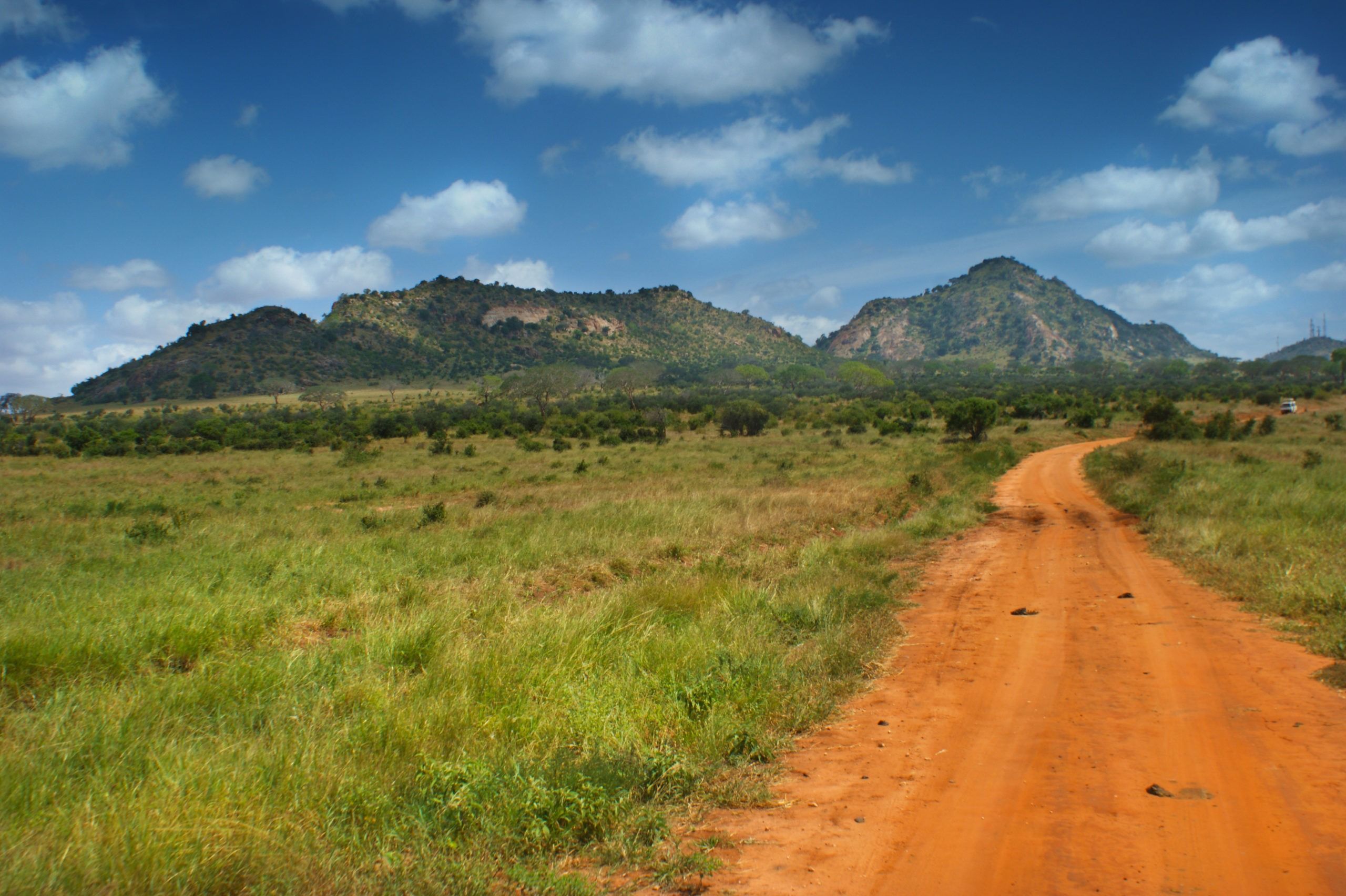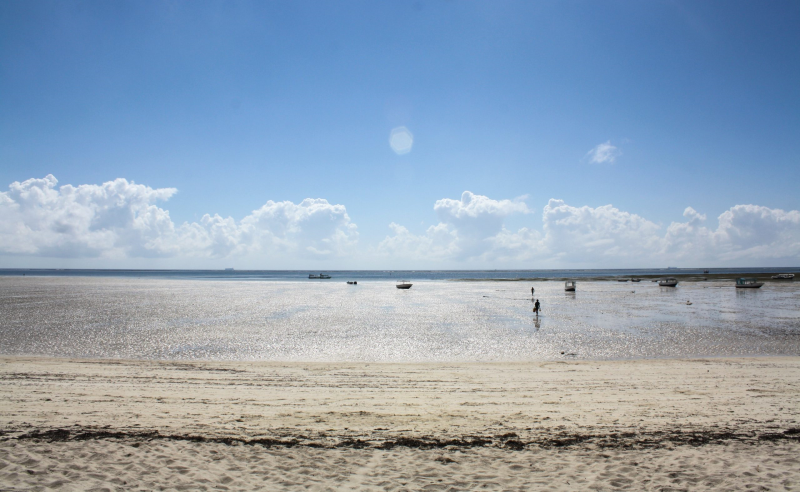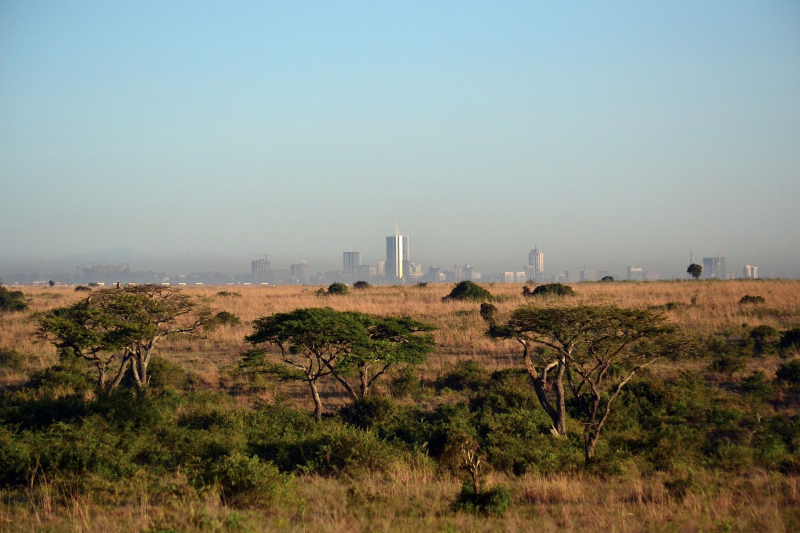Kenya

Kenya lies at the very centre of the African safari experience, offering an outstanding variety of wild animals and unbeatable opportunities to observe the ‘Big Five’ game – the African lion, elephant and buffalo, the rhinoceros and Cape buffalo – in their natural habitats. Game viewing in the ‘Land of the Lion King’ is a must, and there are plenty of options near Nairobi. These include the Masai Mara National Reserve (where Out of Africa was filmed) and Hell’s Gate National Park. At Elsamere Conservation Centre you can learn all about Joy Adamson of Born Free fame, as well as taking in the beauty of Lake Naivasha.
However, there is more to Kenya than its wonderful wildlife. Heavenly beaches and first-class water sports await on the coast; climbing and hiking opportunities beckon in the high mountains, and there are tribal traditions to experience throughout the country.
The sacred peaks of Mount Kenya reign over a landscape primarily covered by grasslands, much of which is enclosed within parks and reserves. To the west the Great Rift Valley is sprinkled with lakes and teeming with birdlife. To the east lie idyllic palm-fringed beaches and pristine coral reefs. The highlands and Rift Valley are home to numerous tribal cultures, including tall, red-clad Masai.
Two major cities dominate tourism in Kenya: Nairobi, the capital, is the safari and hiking hub, while on the east coast the trading port of Mombasa is the gateway to the beach resorts.
There is a natural abundance of things to see and do in Kenya, including many of Africa’s genuine must-see attractions.
Climate
Kenya has pleasant weather throughout the year, making this a great holiday destination. Average monthly temperatures range between 20 degrees Celsius (68 degrees Fahrenheit) and 28 degrees Celsius (82 degrees Fahrenheit). The best time to visit on safari is during the dry seasons that run from January to March and July to October, at which times the grass is shorter, so the wild animals are easier to see as they congregate around the water holes.
The rainy seasons in Kenya are April to June and October to early December.
The annual migration in the Masai Mara is best seen from July to October, although the precise timing of this phenomenon varies according to the whim of nature.
The weather on the coast is generally the warmest – hot and humid conditions prevail, pleasantly tempered by strong breezes. The best time to holiday on the coast is from December to March, while April to May are the wettest months.
The lowlands are hot and dry, while the highlands (including Nairobi) are more temperate and can be cool at night.
Language
English is the official language although the national tongue is Swahili – and there are also 42 ethnic languages spoken.
Passport Visa
Visitors to Kenya must hold onward or return tickets and proof of sufficient funds for their stay. Most foreign nationals require a visa, valid for three months, which can be obtained on arrival. The visa fee is USD 50, which can be paid in GBP or EUR. Please check the rules around visa requirements before you travel, as they may change regularly.
A yellow fever vaccination certificate is required to enter Kenya, if arriving within six days of leaving or transiting through an infected area.
Safety
Recent threats against Kenyan tourism facilities by Somali Islamist rebels mean you are advised to seek the latest security information. Nairobi is notorious for robberies and muggings and visitors should remain alert. You should also be vigilant in Mombasa.
There is a serious threat of banditry in the north and travel is only advisable with an armed escort. Landmines on roads have been used in attacks around Moyale, close to the main A2 road south.
Our Services
For all your high-end, bespoke leisure and corporate travel needs to contact our Travel Managers on 800 NEXA (6392). You can also contact us on info@nexatourism.com .

